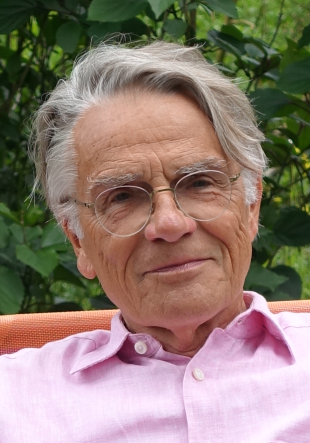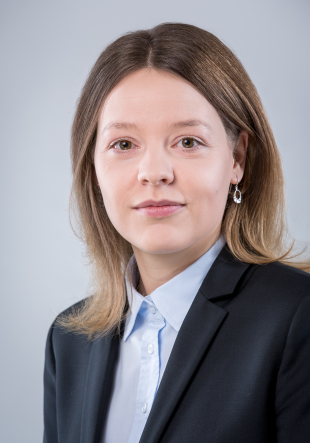On Saturday, 4 November, from 9 a.m. to 5 p.m., the 30th annual conference of the Institute of History at Paderborn University will be held on the topic of "Fremd(e) - Faszination, Ablehnung, Anverwandlung". All interested parties are invited to attend the event in lecture hall O1. Please register by calling Dr. Maria Harnack at 05251/ 60 54 62 or by sending an email to mharnack@mail.upb.de. The complete programme and further information are available at: www.kulturerbe-forschung.de.
Co-organiser Prof. Dr Eva-Maria Seng explains: "Nothing and no one is foreign by itself. Strangeness appears to varying degrees dependent on the real or imagined identity of an individual or group. Persons as well as animals, places or things can be perceived as foreign due to temporal or spatial distance. The encounter with the unfamiliar triggers uncertainty and often also ambivalent feelings between fascination and threat. People have always found various ways of dealing with this irritation - from rejection to acceptance to productive appropriation. The aim of the conference is to use case studies from the humanities, cultural and social sciences, theology and linguistics to discuss the mechanisms of producing foreignness and belonging through individual or collective, changeable categories of order and to problematise the arbitrary preference, marginalisation or rejection that can grow into destructive xenophobia.
After a historical introduction to the topic by Dr. Christin Hansen (Paderborn), Prof. Dr. Britt-Marie Schuster (Paderborn) will explore the stranger from a discourse-linguistic perspective using the example of current (post-)migration discourses. Afterwards, Prof. Dr. Eve-Marie Becker (Münster) evaluates how the question of "the other" is dealt with in the New Testament. This is followed by contributions by Prof. Dr. Klaus-Michael Bogdal (Bielefeld) on historical manifestations of antiziganism up to the present and by Christin Fleige M.A. (Nuremberg) on "V?lkerschauen". Prof. Dr. Korinna Sch?nh?rl (Paderborn) will reflect on the example of Greece and Robin Leipold M.A. (Radebeul) on the relationship of Germans to "their Indians" to show how stereotypical ideas have shaped perceptions since the 19th century. Finally, Prof. Dr. Bettina Wahrig (Braunschweig) will present the transregional history of medicinal substances in her lecture using selected examples of material culture.
This text has been translated automatically.





